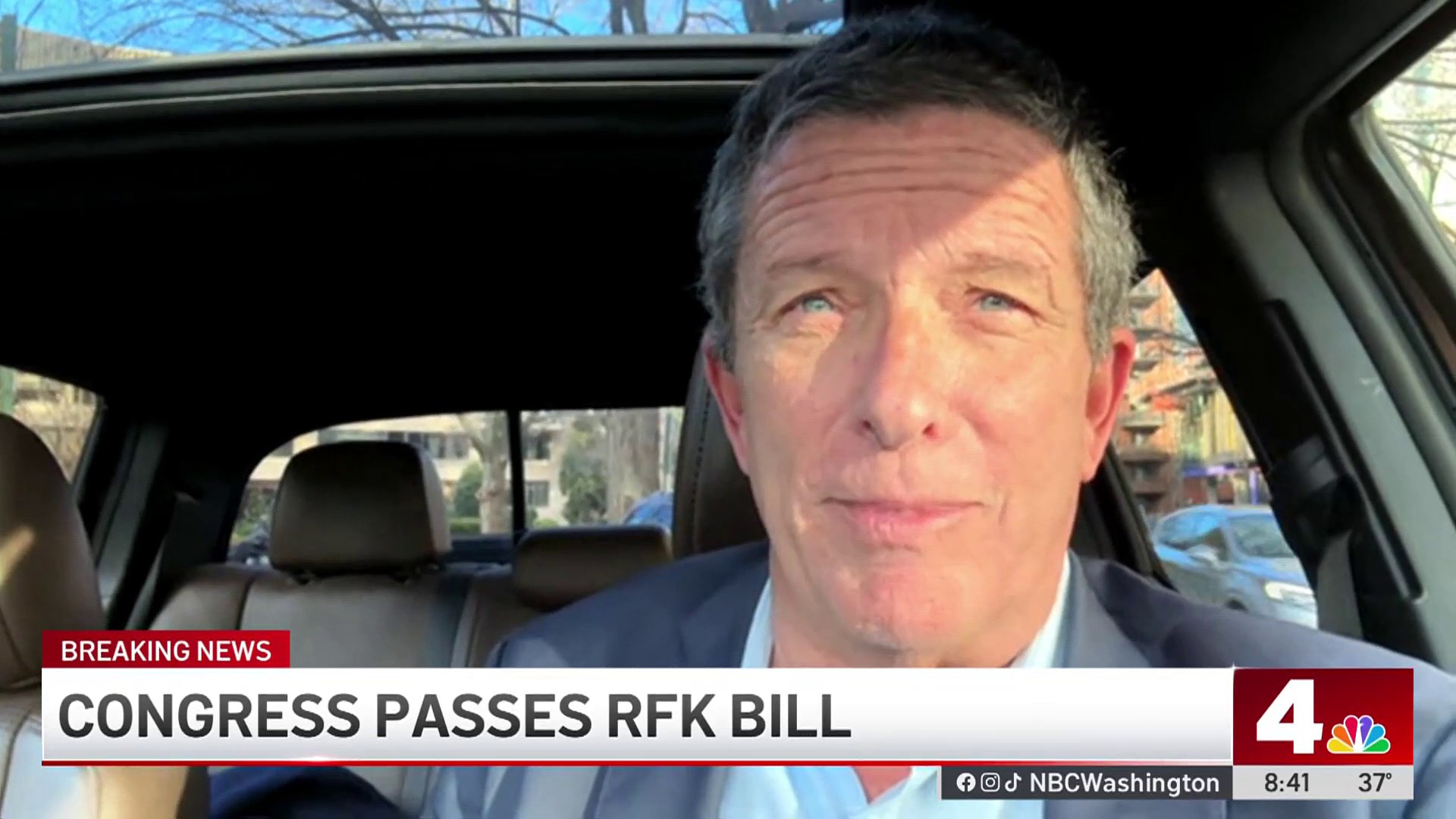Many veterans suffer injury or death as a result of the care they received at U.S. Department of Veterans Affairs facilities, but the VA won’t disclose how or why -- valuable information for vets deciding where to get their health care.
At least 30 Veterans Affairs patients in the Washington, D.C., area died or suffered injuries as a result of the care they received at local veterans’ hospitals since October 2012, according to records obtained by the News4 I-Team. The incidents, which are classified by Veterans Affairs as “adverse events,” include cases in which VA care “resulted in serious injury or death to the patient, or those involving reasonably expected serious injury,” according to internal agency guidelines.
The 30 cases of death or injury involve patients seeking care at the agency’s medical facilities in Washington, D.C.; Maryland; Martinsburg, West Virginia; and Richmond, Virginia, between October 2012 and March 2014.
Despite formal requests by the I-Team, the agency declined to disclose how many of the incidents were fatal or the nature of any of the injuries.
Rep. Jeff Miller (R-Fla.), chairman of the U.S. House Committee on Veterans Affairs, criticized the agency for not publicly revealing details of the local cases to the I-Team.
“Are these (incidents) happening on a recurring basis?” Miller asked. “If so, what type of accountability is being provided to those people making the errors and mistakes?”
Local
Washington, D.C., Maryland and Virginia local news, events and information
Veterans Affairs is already under heavy fire for misconduct and making veterans wait long periods to get in to see a doctor.
The I-Team obtained a report detailing the number of “adverse events” disclosed by officials at all medical centers nationwide via the Freedom of Information Act. The report also indicates about 70 percent more “adverse events” in 2013 (575) than in 2010 (330). It also shows the number of events in the Washington, D.C., region was comparable to those suffered by veterans in other regions nationwide.
Maureen Ciarolla, whose father died while being treated at a VA medical center in Pennsylvania, said “adverse events” are too frequent in the agency’s medical facilities. “That’s a government facility; they should have the top advisers,” she said. “They should have the top doctors.” Ciarolla’s father, a World War II veteran, died of pneumonia at a Western Pennsylvania VA medical center in 2011. His family said the illness was caused by an outbreak of legionella bacteria in the medical center’s water supply. Congressional investigators called the infections “preventable” and said the agency’s hospital managers failed to properly address the bacteria risk.
Ciarolla’s family settled a civil lawsuit against the government for John Ciarolla’s death for $227,500. In testimony before a US House committee, a VA official did not specifically classify the Pittsburgh deaths as “adverse events,” but an agency spokeswoman, in a statement to the News4 I-Team, said, “VA continues to extend its condolences to the families of the Veterans affected by acquiring legionella in our health care system. Whether it’s Pittsburgh or elsewhere in our Country, our commitment is the same: to provide the very best care to our deserving Veterans.”
The VA’s employee handbook describes “adverse events” include cases “that cause death or disability, lead to prolonged hospitalization, require life-sustaining intervention or intervention to prevent impairment or damage.”
Other government agencies do publicly reveal the nature of the “adverse events” suffered by patients at hospitals and medical centers. The Washington, D.C., Department of Health reports such incidents annually, in detail. The agency’s February 2014 report specifies 163 “adverse events” at city medical facilities in 2013. The report said the 163 cases include three cases of “wrong-site surgery,” two cases of attempted suicide by patients and 105 instances of blood infections.
The U.S. Department of Veterans Affairs declined multiple requests for details on whether discipline was taken against medical staff in any of the 30 local cases of injury or death.
More than 6.3 million veterans and their families rely on the VA for health care each year, the agency said in a written statement, including almost 140,000 patients in its D.C., Maryland and Martinsburg medical centers.



